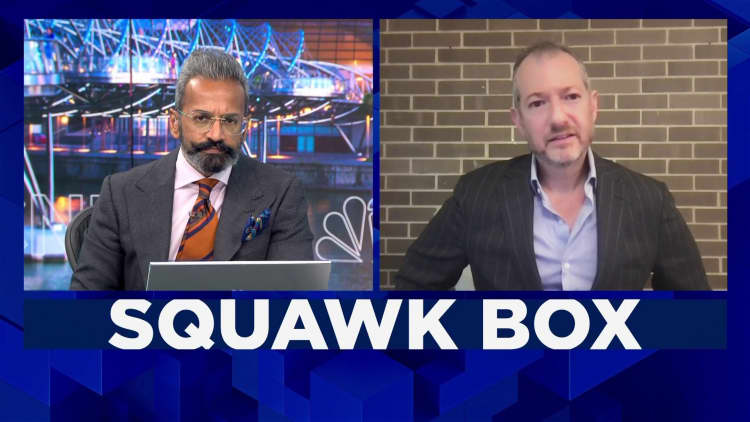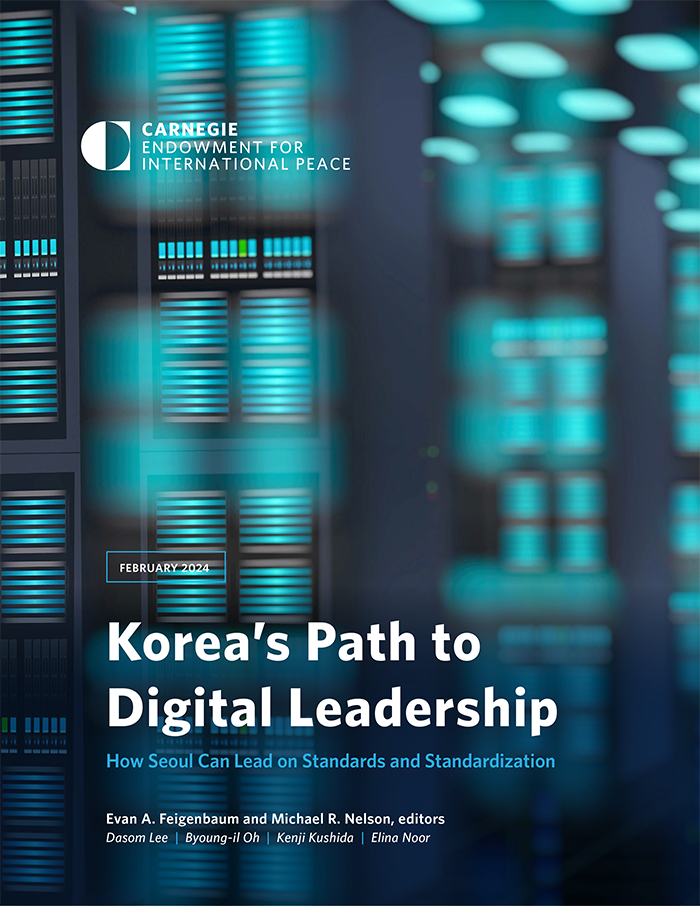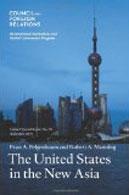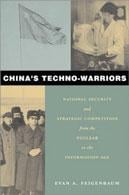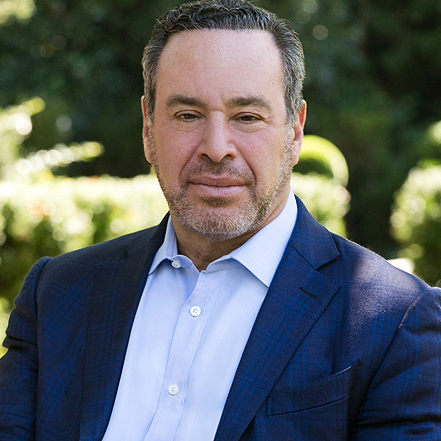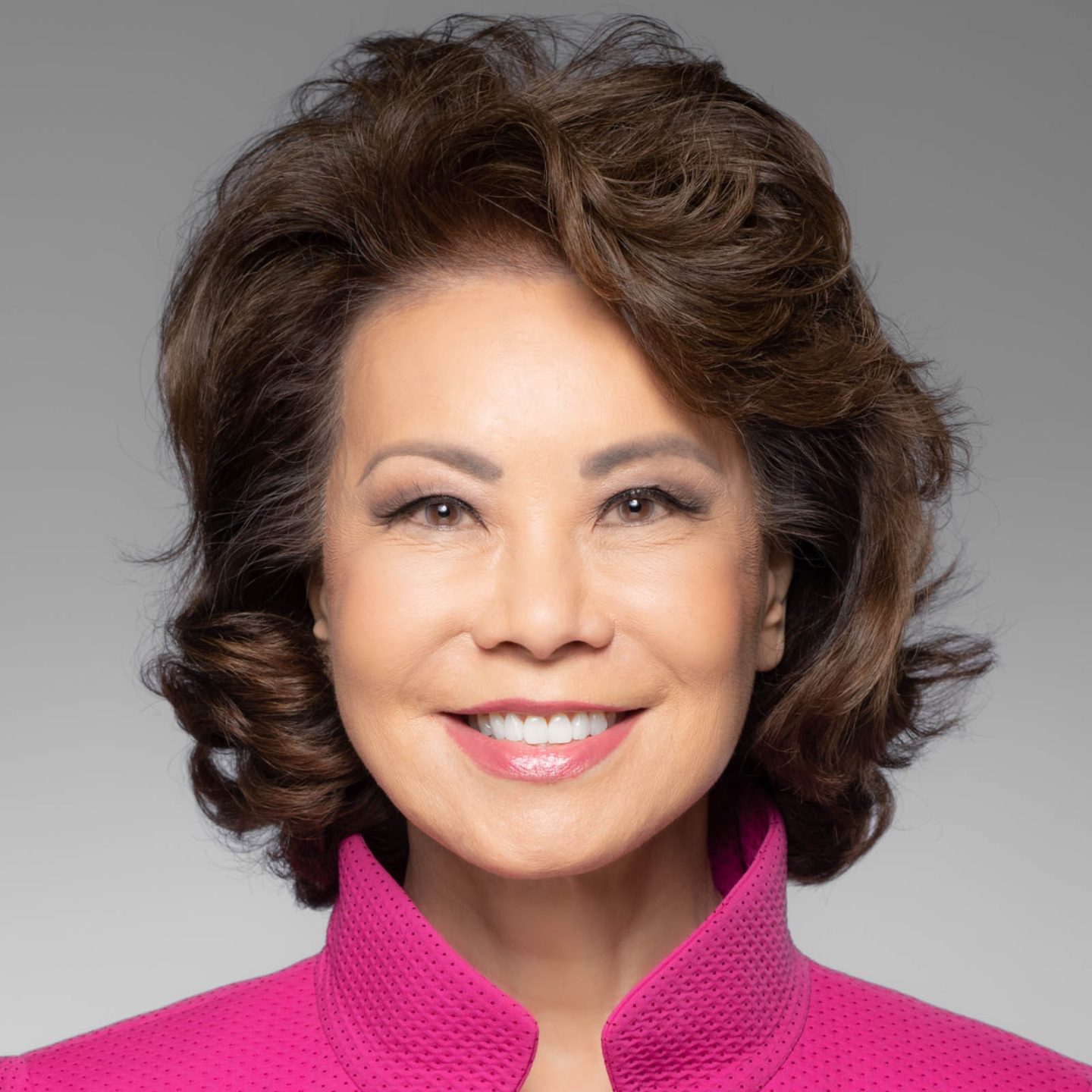One of the world’s leading Asia experts, with extensive experience across government, markets, business, think tanks, and academia. Evan Feigenbaum has worked with presidents, prime ministers, and senior policymakers from two-dozen countries, served in executive roles in the U.S. government, negotiated international agreements, advised market participants in all asset classes, and consulted for leading multinational companies.
Feigenbaum’s sweet spot is the intersection of geopolitics with market and business risks. He has advised two Secretaries of State, a former Treasury Secretary, leading CEOs, and boards of directors, especially on Asia and technology.
He has worked all over the world but especially in Asia—a region with 4.5 billion people, projected to comprise 58% of global GDP by 2030, which includes six countries with nuclear weapons, powerfully clashing nationalisms, territorial disputes that threaten to erupt into war, and huge potential for disruptive geopolitical and technology risk.
Dr. Evan Feigenbaum is Vice President for Studies at the Carnegie Endowment for International Peace, where he oversees its work in Washington, Beijing, New Delhi, and Singapore on both East Asia and South Asia. He is also a senior advisor at Macro Advisory Partners, a London-based global advisory firm. Dr. Feigenbaum was the 2019-2020 James R. Schlesinger Distinguished Professor at the Miller Center at the University of Virginia.
Initially an academic with a PhD in Chinese politics from Stanford University followed by two postdoctoral fellowships at Harvard University, Dr. Feigenbaum’s career has spanned government, business, markets, nonprofits, and three regions of Asia.
From 2001 to 2009, in the Bush Administration, Dr. Feigenbaum served as Deputy Assistant Secretary of State for South Asia, Deputy Assistant Secretary of State for Central Asia, Member of the Policy Planning Staff with principal responsibility for East Asia and the Pacific. He also advised two Secretaries of State, Colin Powell and Condoleezza Rice, and was a China adviser to Deputy Secretary of State, Robert Zoellick. Dr. Feigenbaum also led several high-stakes diplomatic negotiations, including with India and Kazakhstan, and received five Superior Honors Awards from the State Department.
Outside of government, Dr. Feigenbaum was founding Vice Chairman and first Director of The Paulson Institute at the University of Chicago, established by former Treasury Secretary and Goldman Sachs CEO Hank Paulson. He was also cofounder of MacroPolo, its digital venture on the Chinese economy. Dr. Feigenbaum also headed the Asia Practice at the advisory consultancy Eurasia Group, working for markets and corporate clients; was Senior Fellow for Asia at the Council on Foreign Relations; taught at Harvard as Lecturer on Government in the Faculty of Arts and Sciences, and at the Naval Postgraduate School as Lecturer of National Security Affairs; and was Executive Director of the Asia-Pacific Security Initiative at Harvard’s Kennedy School of Government.
He is the author of books and monographs, including The United States in the New Asia and China’s Techno-Warriors: National Security and Strategic Competition from the Nuclear to the Information Age, which was selected by Foreign Affairs as a best book on Asia of 2003. Dr. Feigenbaum has authored major reports on Asian technology futures, especially on Korea and Taiwan, including The Korean Way with Data. He publishes widely on geopolitics and geoeconomics, US strategy in Asia, China, India, Korea, Taiwan, and Central Asia.
He is also a member of the advisory board of the Australian-American Leadership Dialogue and was its 2023 Leadership Honoree, and of the Council on Foreign Relations and the Cosmos Club.







